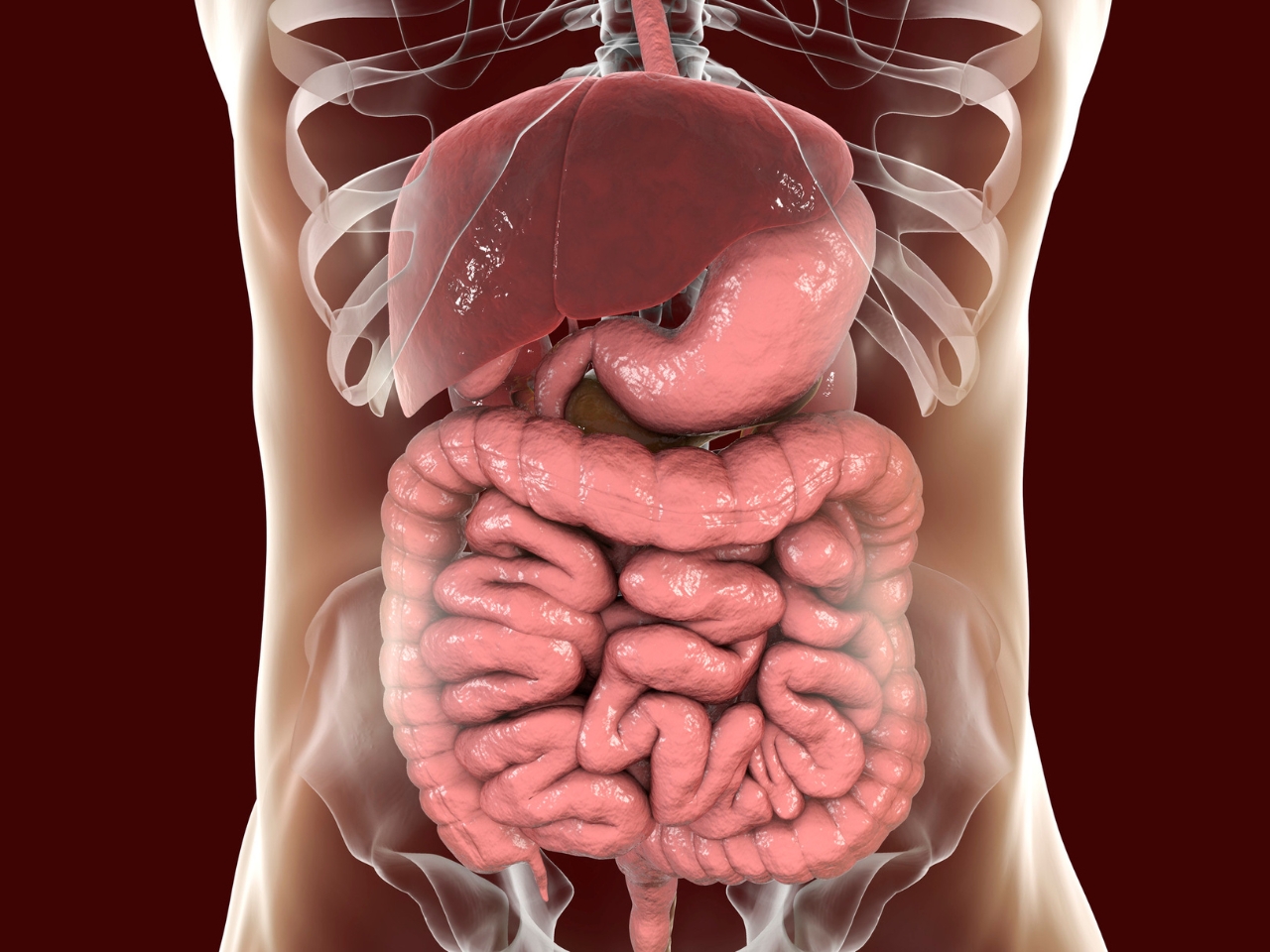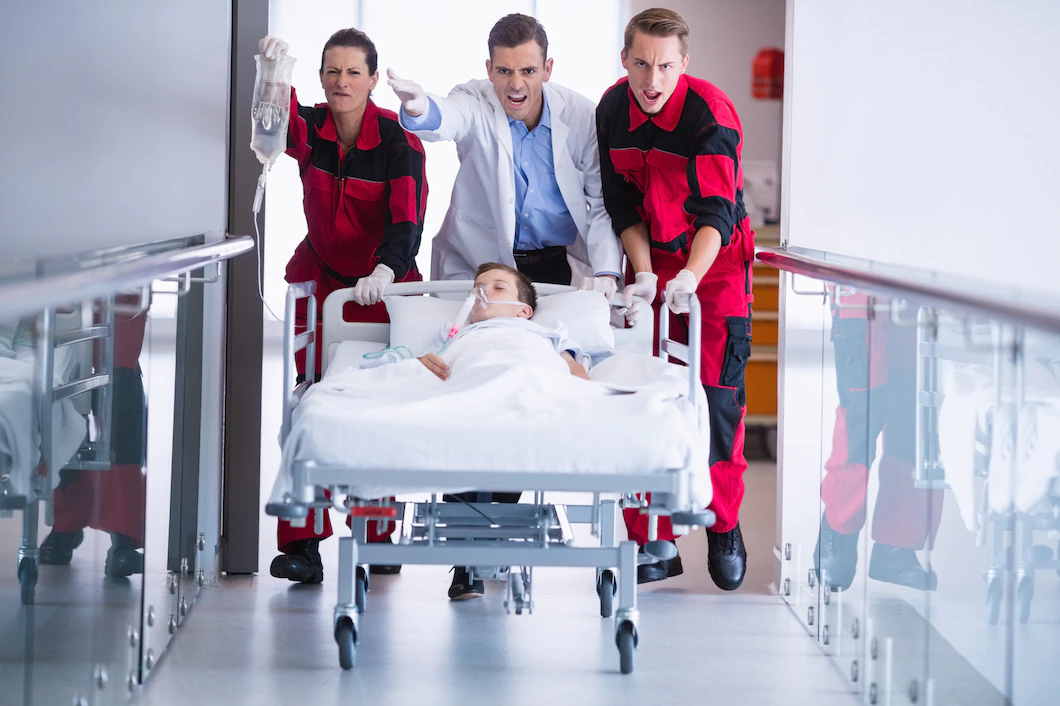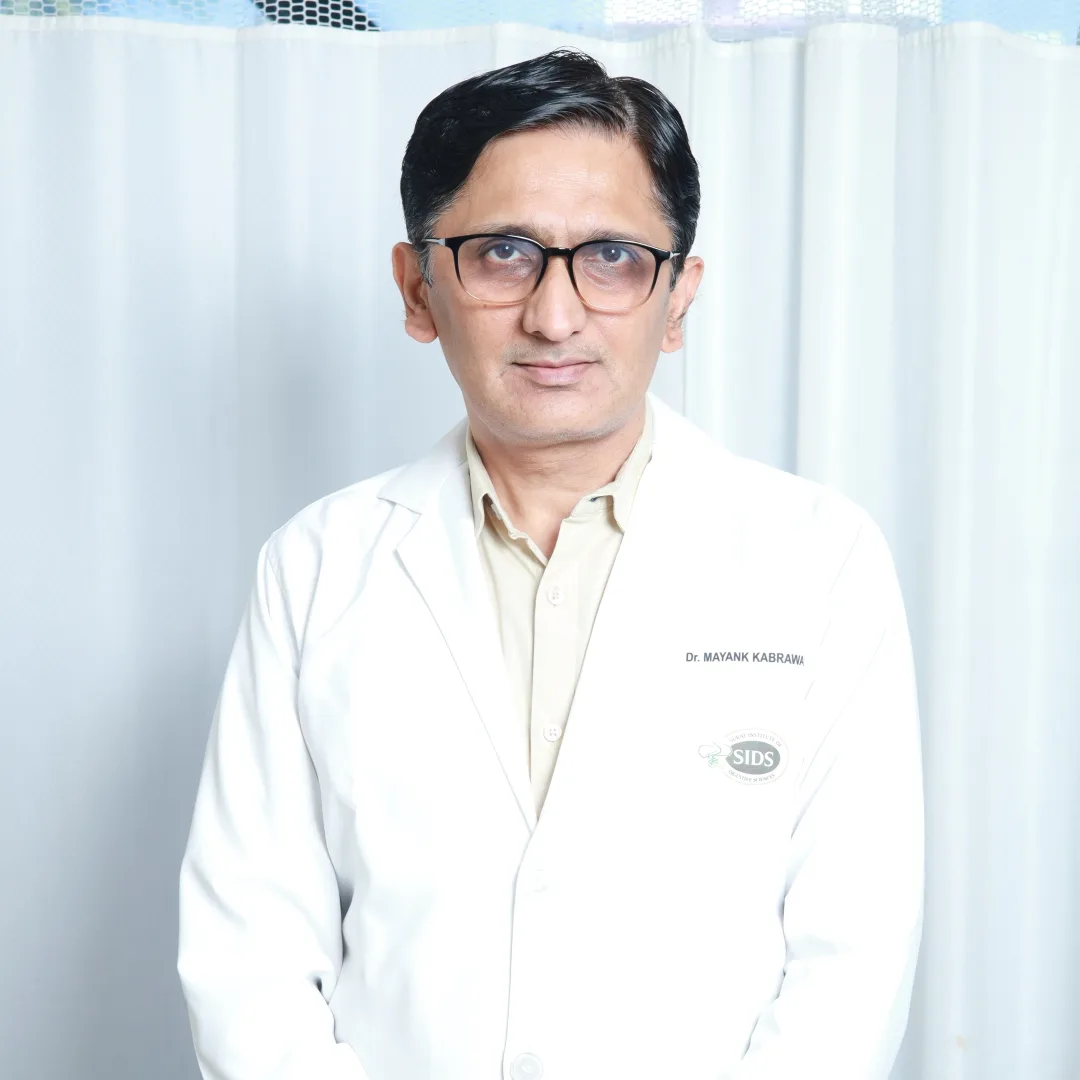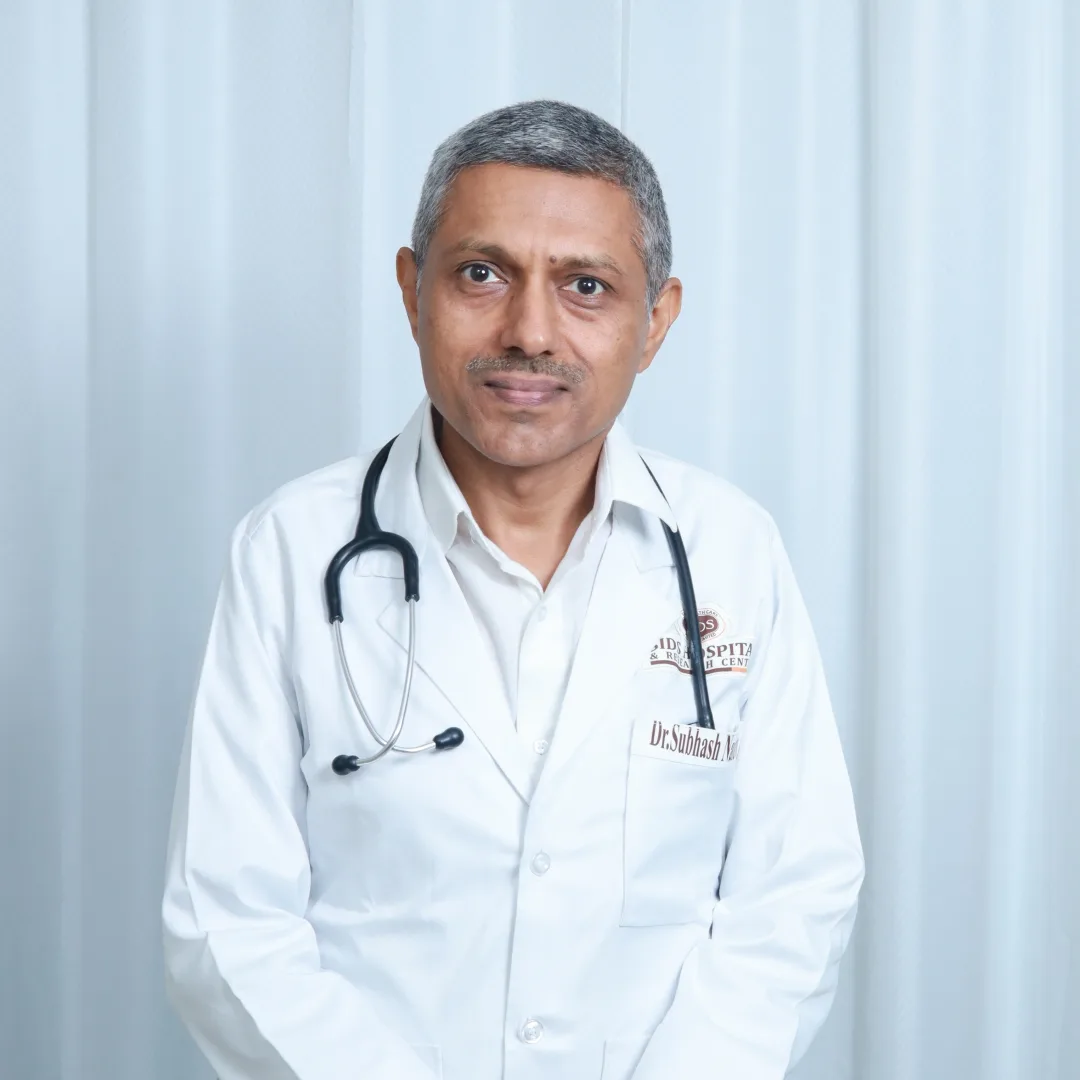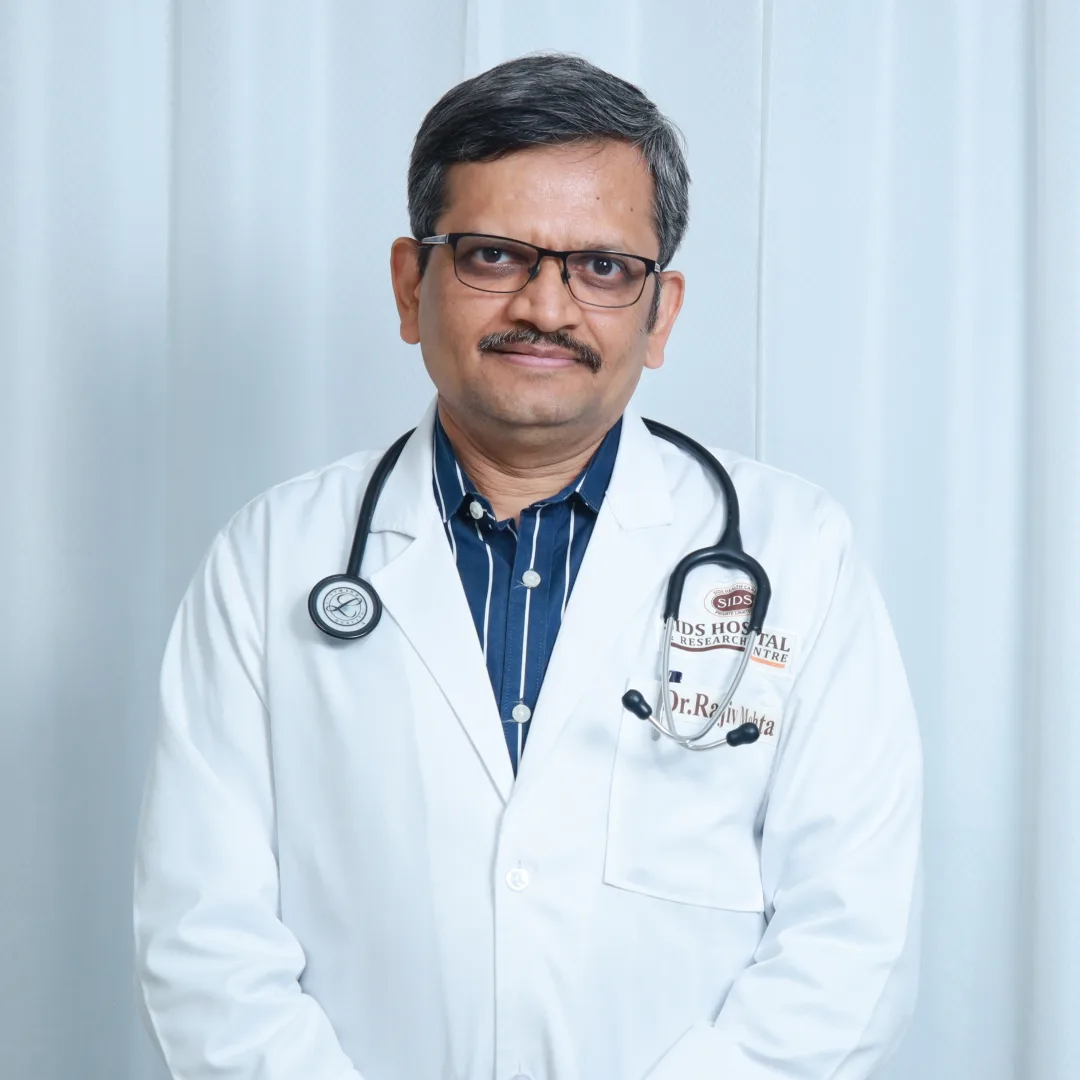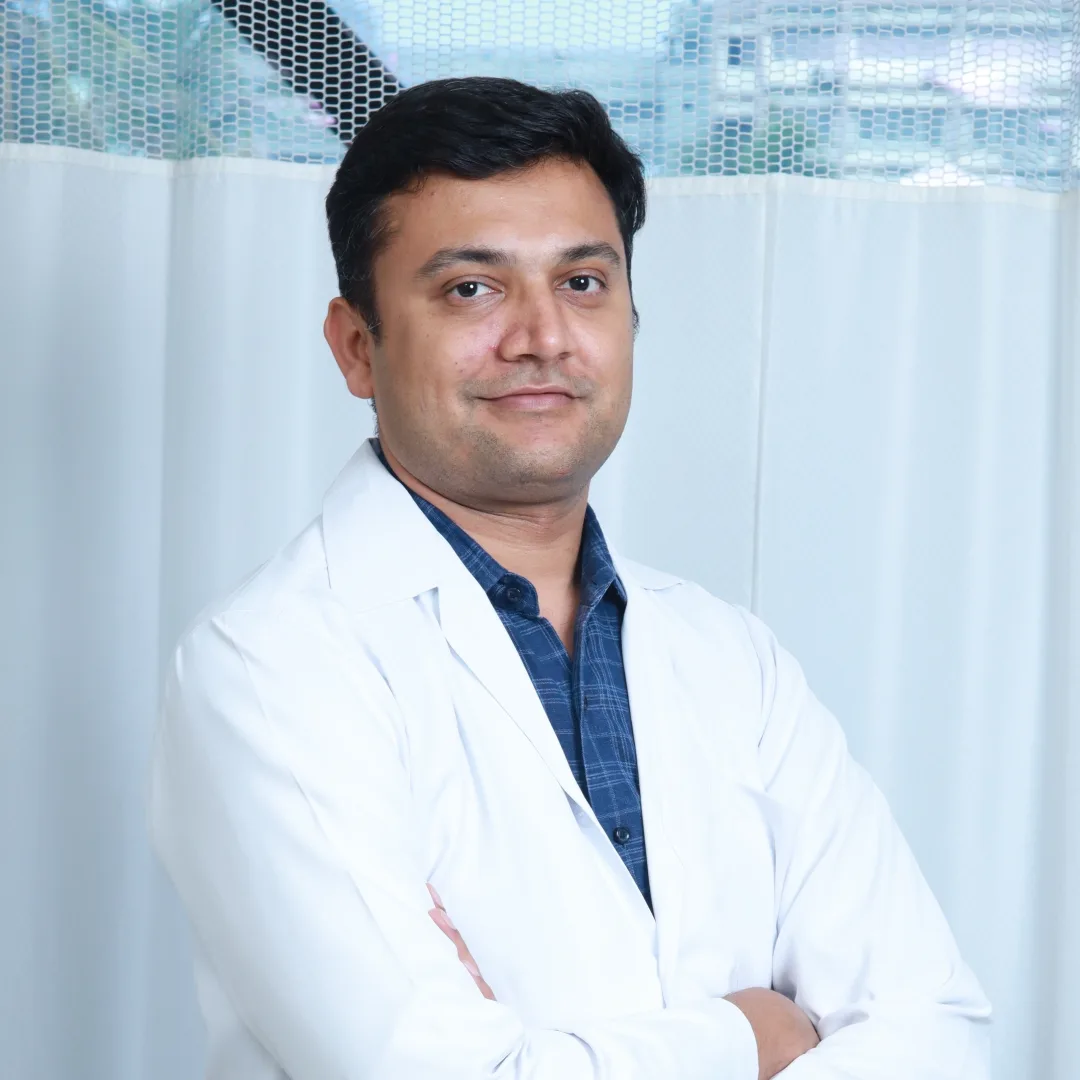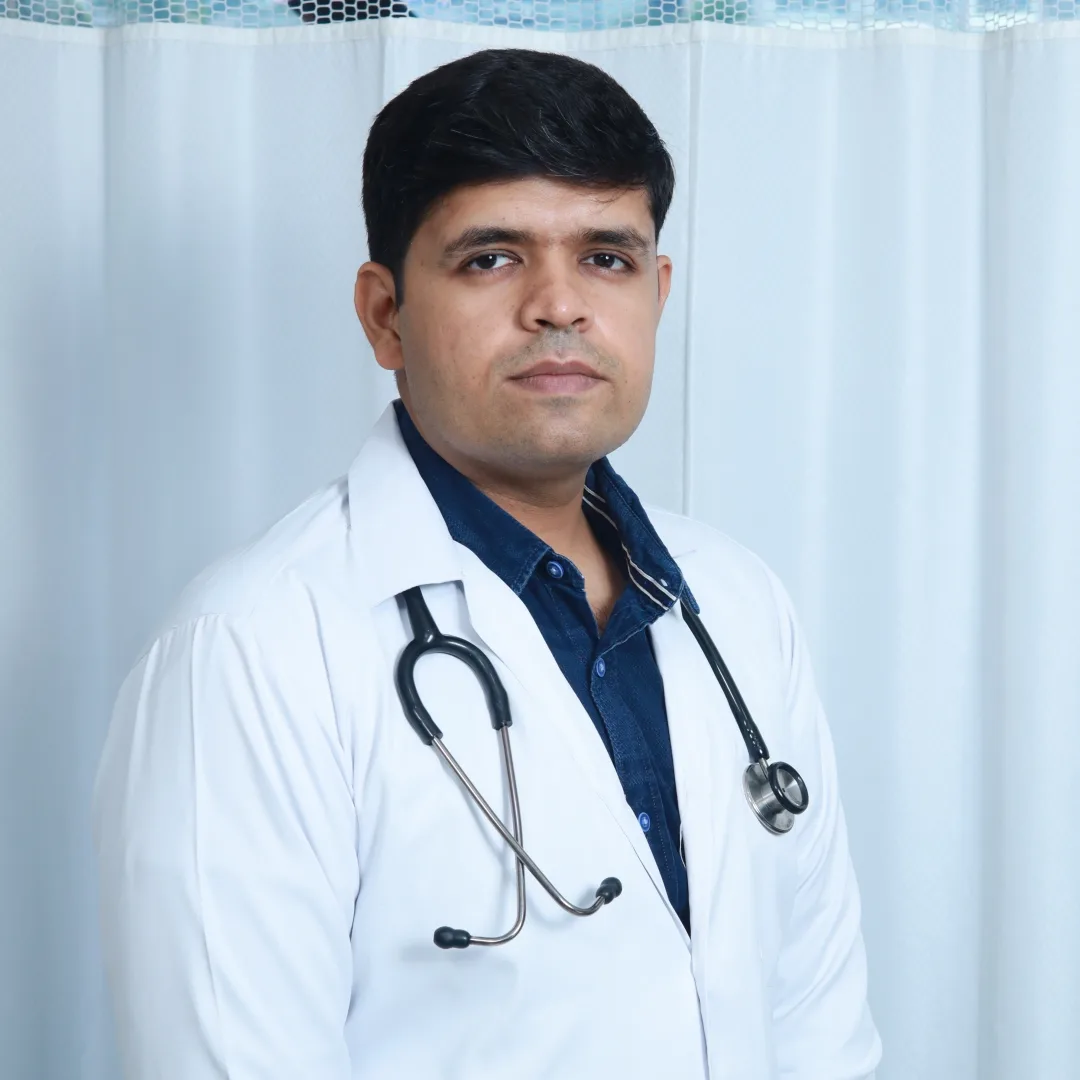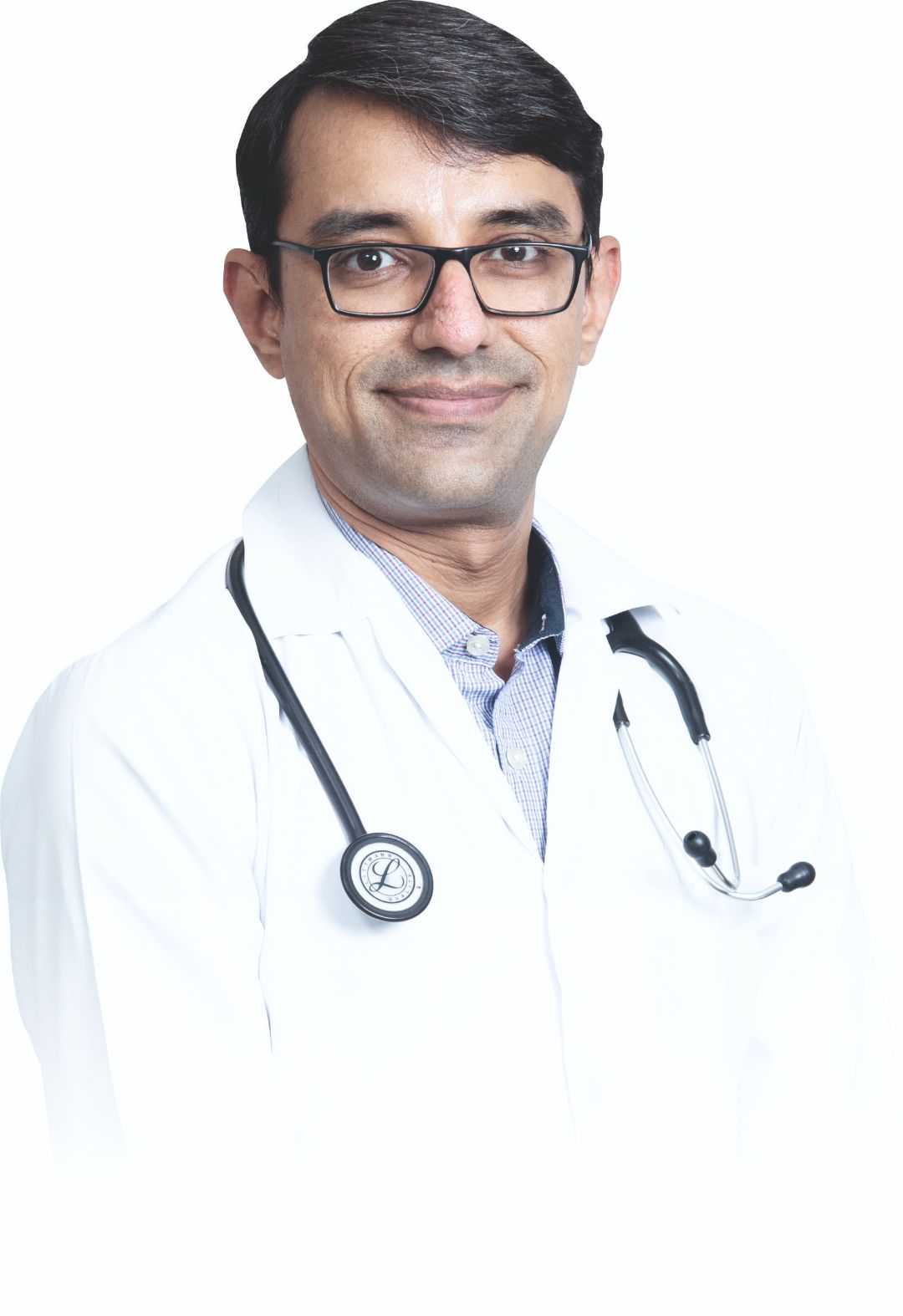Overview
Medical Gastroenterology is a subspecialty of internal medicine that focuses on the diagnosis and treatment of disorders and diseases of the digestive system, including the oesophagus, stomach, small intestine, colon, and rectum, liver, gallbladder, and pancreas. Sids Hospital has an expert team of some of the best gastro surgeons is who are specially trained to use a variety of diagnostic tools and techniques to evaluate and treat digestive conditions, including endoscopy (upper and lower) and colonoscopy, as well as laboratory tests, imaging studies, and biopsies.
One of the main reasons why Medical Gastroenterology is an important department in a hospital is that digestive disorders are extremely common.
Common conditions that are treated by gastroenterologists include:
- Acid reflux (GERD),
- Inflammatory bowel disease (IBD),
- Irritable bowel syndrome (IBS),
- Peptic ulcer disease.


 Book Appointment
Book Appointment.png) Video Consultation
Video Consultation
